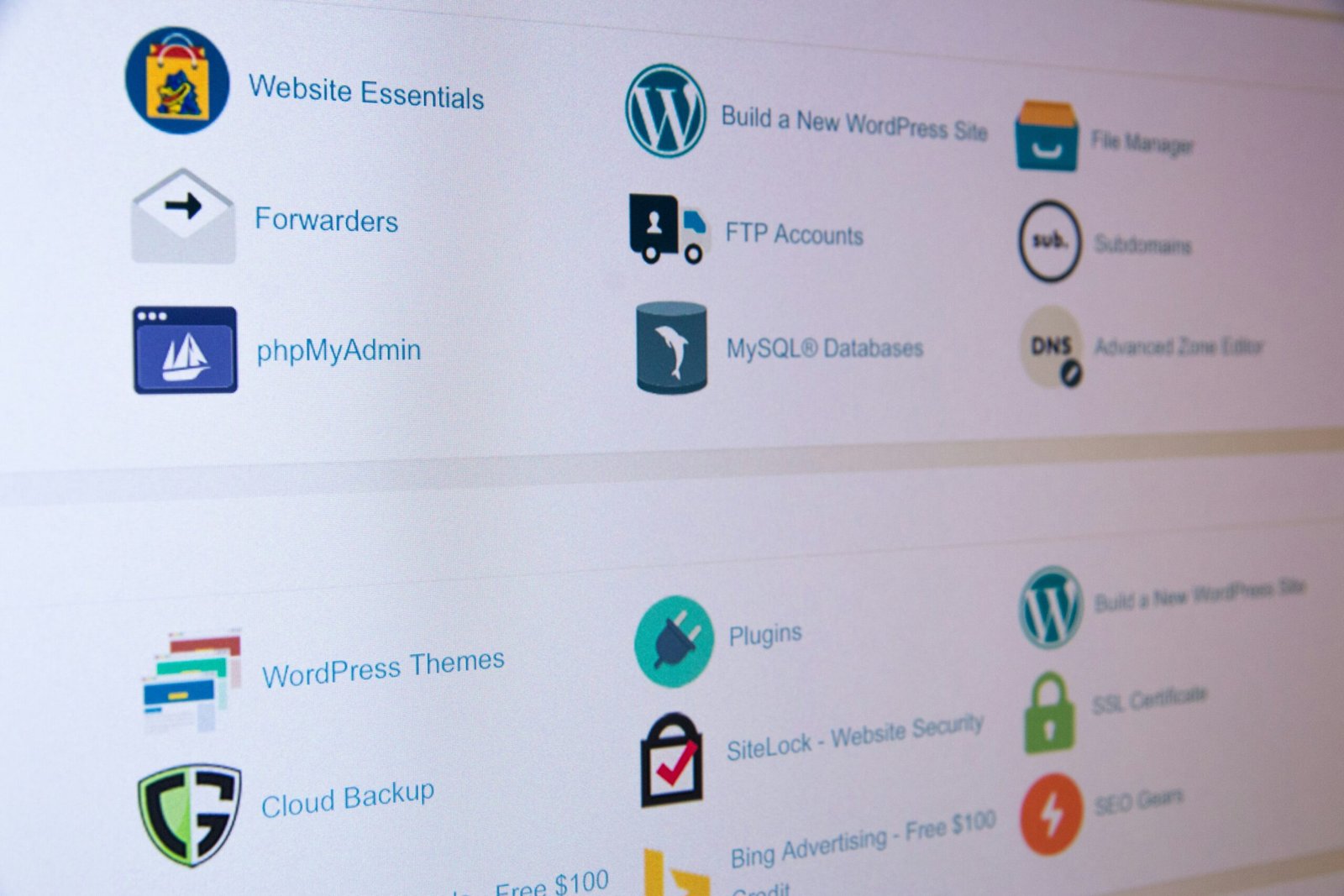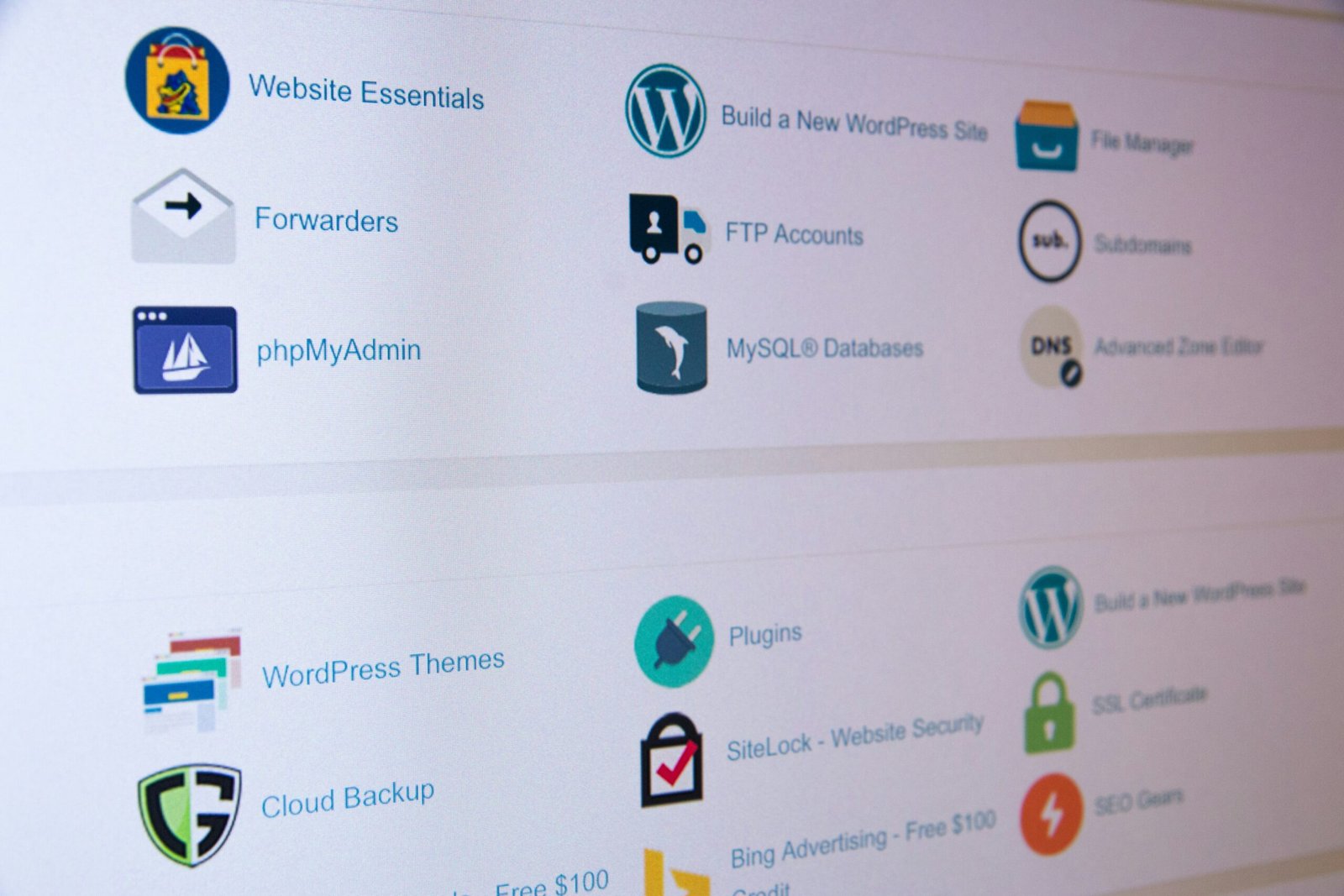Introduction to SSL
In today’s digital age, the importance of SSL (Secure Sockets Layer) cannot be overstated. As we move into 2024, ensuring that all domains are secured with SSL is becoming increasingly vital. This article will explore why SSL is so crucial for all domains, especially in the context of rising cyber threats and evolving web standards.
Enhanced Security
One of the primary reasons why SSL is important is the enhanced security it provides. SSL encrypts the data transmitted between the server and the user’s browser, making it difficult for hackers to intercept and read the information. This is particularly important for websites that handle sensitive data, such as personal information, login credentials, and financial transactions.
Improved SEO Rankings
Search engines like Google prioritize websites that use SSL. In fact, having an SSL certificate can significantly improve a site’s SEO rankings. This means that websites without SSL are likely to be penalized in search engine results, making it harder for potential visitors to find them. As SEO remains a critical factor for online visibility, SSL becomes indispensable for all domains.
Building Trust and Credibility
Visitors are more likely to trust websites that are secured with SSL. When users see the padlock icon in the address bar, they feel confident that their data is safe. This trust is crucial for maintaining a good reputation and encouraging user engagement. In 2024, as online competition continues to grow, building trust through SSL can give websites a significant edge.
Compliance with Regulations
Many regulatory frameworks require websites to use SSL to protect user data. For instance, GDPR in Europe mandates stringent data protection measures, including the use of encryption. As regulatory requirements continue to evolve, SSL will remain a key component in ensuring compliance and avoiding legal penalties.
Conclusion
As we advance into 2024, the significance of SSL for all domains is clear. From enhancing security and improving SEO rankings to building trust and ensuring compliance, SSL is a critical element for any website. Ensuring your domain is SSL-secured is not just a best practice—it’s a necessity in the modern digital landscape.










